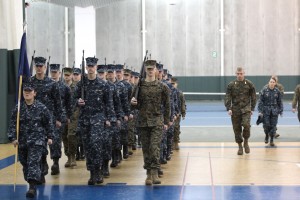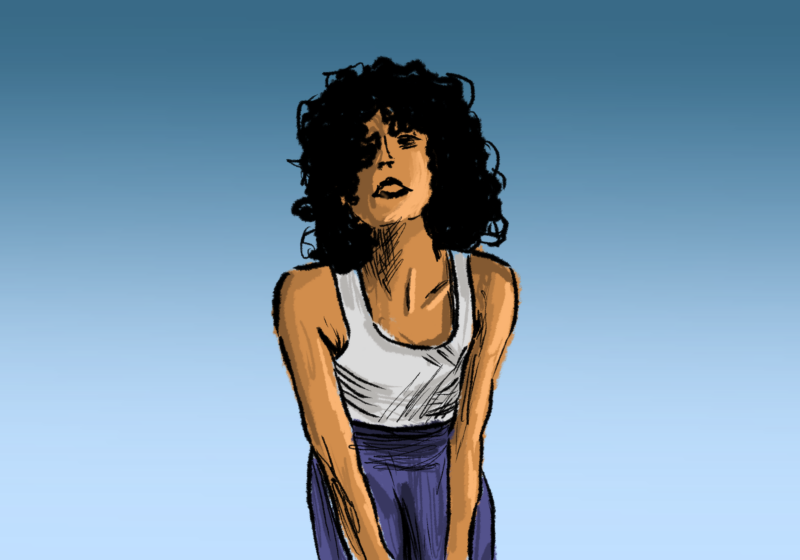Ever wonder who those students are that train in the early mornings in Fauver Stadium? Or why on Wednesdays you see people clad in uniform around campus and in your classes?
For the majority of the UR student body, ROTC is an acronym associated with students dressed in uniform, exercising each morning before most of the campus is awake.
What most student do not know, however, is the perspective of individuals behind the uniform. Why do they devote much of their time as undergraduates balancing both schoolwork and daily training?
ROTC, the Reserve Officers’ Training Corps, began in 1916 with the signing of the National Defense Act under President Woodrow Wilson. According to the U.S. Army Cadet Command website, ROTC is considered the largest officer-producing organization within the American military today, contracting over half a million second lieutenants since the program’s inception.
Currently, ROTC has a total of 273 programs on college campuses spanning all 50 states as well as the District of Columbia and Puerto Rico. Among the 273 programs, an estimated 35,000 students are active members.
While at first glance, ROTC appears to many as a recruitment program that solely targets college-age individuals, the design of the program entails much more.
According to the Cadet Command’s website, “[ROTC combines] the character-building aspects of a diverse, self-disciplined education with tough, centralized leader development training.”
At UR, this motto rings true for the 80 students involved in ROTC.
Freshman and Navy ROTC student Lindsey Curtis agrees. “ROTC is a group of really motivated, unified individuals who have a good idea of self-discipline and teamwork because everyone is united under the same goal,” she said.
This goal, to eventually join the ranks of other Americans in a variety of military programs, is a very important one that motivates students in ROTC to continue their work.
“For me, the Navy is what I want to do with my life; it’s my career goal,” Curtis explained. “There are a ton of perks like the fact that it pays for college, but it’s much more than that. Here, I’m immersed in a community similar to the one I want to enter once I graduate.”
This community comes at a cost, though.
“You’re forced into managing your time well. You learn what you need to sacrifice: Sometimes it’s sleep, and other times it is involvement in extracurricular activities,” she added.
Like Curtis, freshman Sarah Bodwell participates in ROTC because she wants to serve in the military, but would also like to receive an education prior to doing so.
For both Curtis and Bodwell, being a girl in a predominantly male program is an added challenge to the daily rigor of training.
“ROTC is a male-dominated environment on campus; out of 80 people, only 15 are girls,” Curtis said. “They’re very accepting though. You just have to be tough and good at things that guys are good at.”
Bodwell agrees with the added challenges that come with these differences.
“Genetically, guys run faster than girls, but as long as you’re working as hard, people are understanding,” she said.
While physical training often requires girls to perform similarly to boys, there are ample opportunities to even the playing field.
“[ROTC] tests students on plenty of things that are important before entering a career in the American military. Tactics such as decision-making or leadership skills are not gender specific, giving girls the opportunity to operate on the same level as guys,” Curtis explained.
Sophomore Steven Smith feels that “training with both girls and guys in ROTC really doesn’t seem that weird…we’re all working together for the same goal, so it just seems natural that we would all train together.”
With the implementation of a new military policy that permits women to fight in open combat, it makes sense that both men and women train together at UR, working on developing the necessary skills to enter the military in the future.
“Everyone in the battalion works hard and pushes everyone else so that we can all be the best leaders and future officers possible,” Smith said. “By incorporating healthy competition into daily training, students are able to motivate each other to succeed.” As Bodwell explained:
“Some people get intimidated by the whole ROTC thing, but it’s really like one big family.”
Lerner is a member of the class of 2016.






